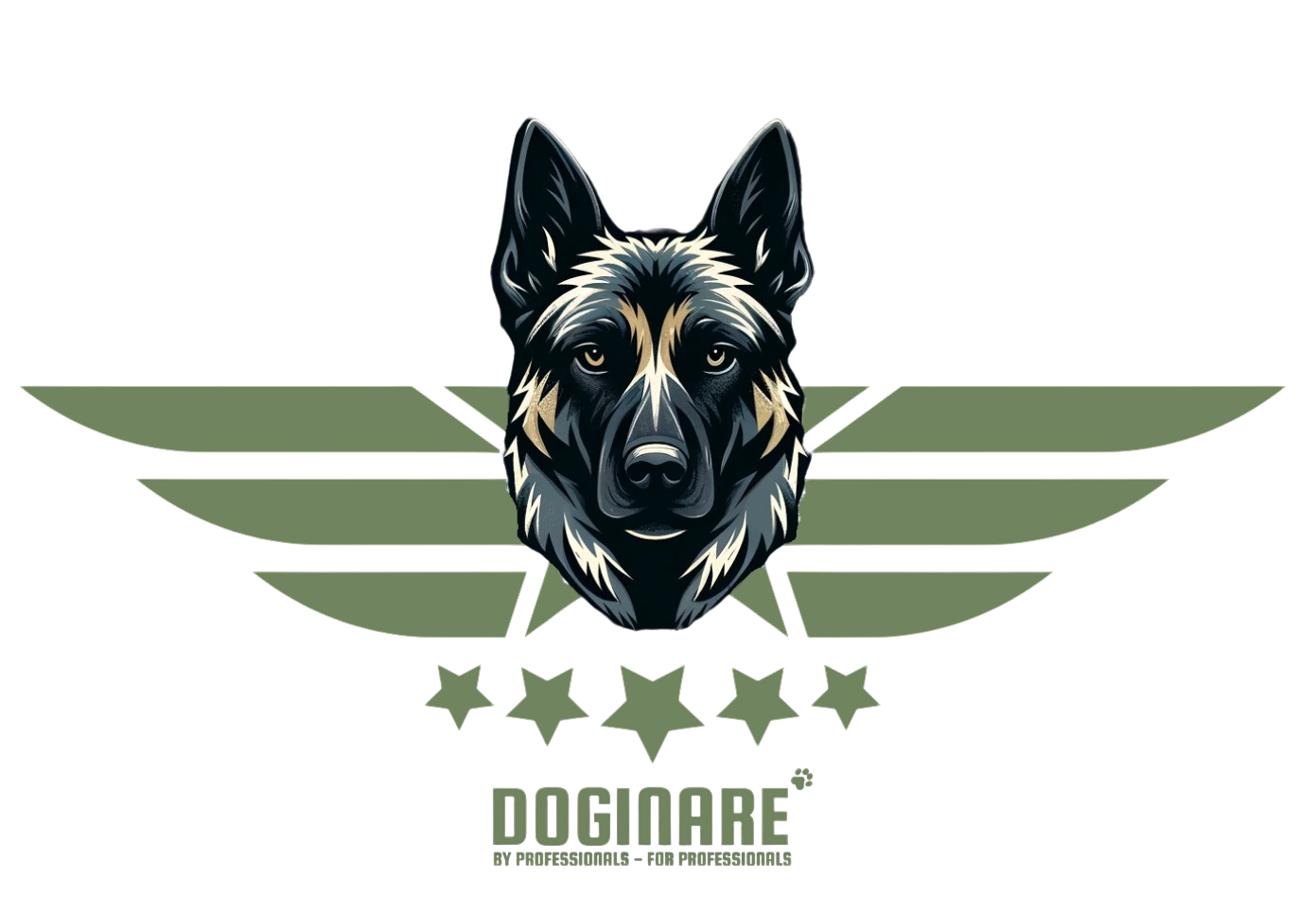The Journey to Finding Certified K9 Handlers
In the realm of law enforcement, military, and private security operations, K9 handlers and their canine partners are indispensable assets. These duos, including the likes of bomb detection dogs and explosive detection canines, play a pivotal role in various tasks such as narcotics detection and search and rescue operations. With the critical nature of their job, understanding how to train a bomb detection dog and ensuring the certification and training of K9 handlers becomes paramount. This article delves into the intricacies of finding certified K9 handlers and highlights the importance of detection dogs in airport security and other sectors.
The Importance of Certification
K9 handlers shoulder the responsibility of not only managing their military working dogs or police K9 units but also interpreting their behavioral cues. A certified handler has undergone rigorous K9 training, ensuring they can make quick decisions in high-pressure situations and guarantee the welfare of their dog.
- Standardization: Certification offers a standardized measure of the handler’s abilities and knowledge, similar to the differences between narcotics and explosive detection dogs.
- Safety: Certified handlers are trained to ensure the safety of the public, their dogs, and themselves.
- Reliability: Through certification, handlers and their dogs, especially those specializing in explosive detection, are deemed reliable, especially in court proceedings where their findings might be used as evidence.
Key Elements of a Certified K9 Handler’s Training
- Bonding: Building a relationship between the handler and the dog, irrespective of the detection dog breeds, is foundational. Trust, understanding, and communication are nurtured during this phase.
- Obedience: Handlers learn to command and control their dogs effectively, ensuring they can perform tasks while also being controlled in public settings.
- Detection Techniques: Depending on their specialization, handlers are taught techniques for narcotics, explosives, cadaver, or other detection tasks. This is crucial when considering the best breeds for explosive detection.
- Scenario-based Drills: Real-world scenarios are mimicked to prepare the handler and dog team for actual operations, such as those encountered in roles of service dogs in police work.
- First Aid: Handlers are trained to provide first aid to their dogs, understanding potential threats like heat exhaustion or injuries.
Where to Find Certified K9 Handlers
- Law Enforcement Agencies: Many handlers start their careers in the military or police force, undergoing training with established police K9 units.
- K9 Training Academies: These specialized institutions offer rigorous training programs and often have lists of their certified alumni.
- Professional Associations: Associations like the North American Police Work Dog Association or International Association of Canine Professionals often have directories of certified members.
- Recommendations: Reaching out to local police departments, security firms, or other agencies that employ K9 handlers can provide references.
Challenges in the Search
While there are many certified K9 handlers, finding the perfect fit for specific needs, like the history of dogs in police service or a training requirement for search and rescue canines, can be challenging. Factors like the handler’s experience, their dog’s specialty, and their familiarity with specific environments (e.g., airports, schools) can influence their effectiveness.
Conclusion
The world of K9 handling is one of discipline, dedication, and an unbreakable bond between the handler and their dog. As the demand for their unique skill set, such as narcotics detection dogs or search and rescue dogs, continues to grow, the emphasis on proper certification and training remains paramount. Whether you’re an agency looking to recruit or an individual keen on entering the field, understanding the importance of certification and where to find qualified K9 handlers is crucial.

0 comments